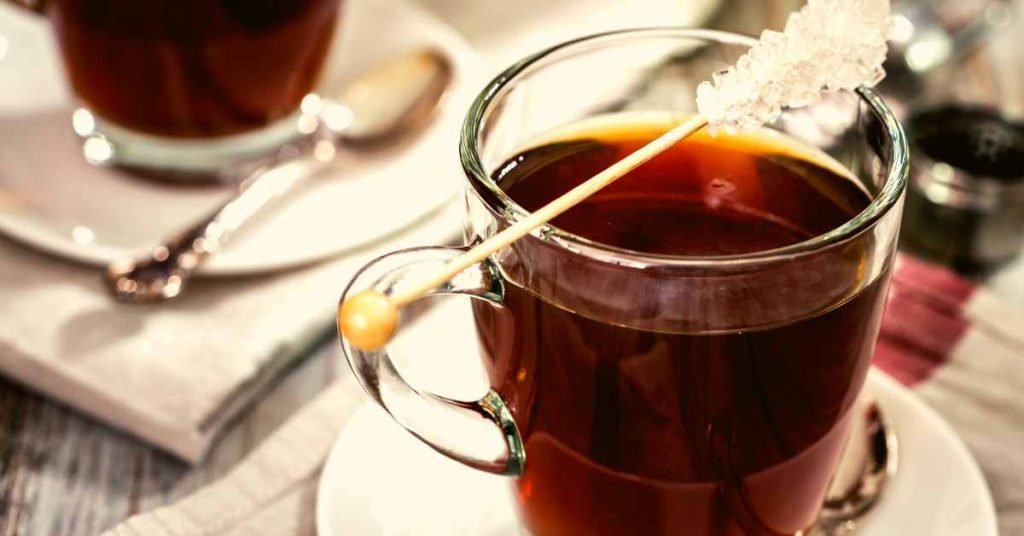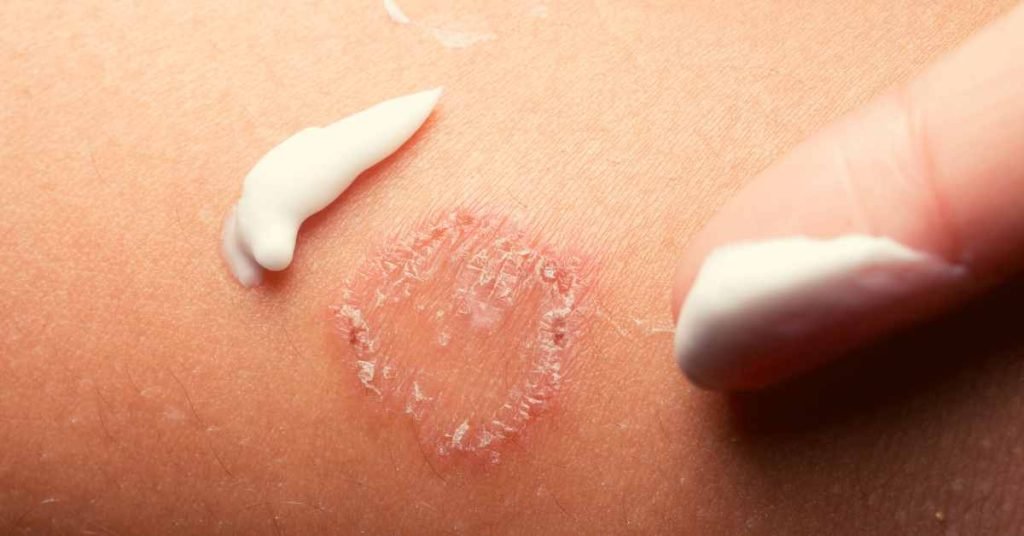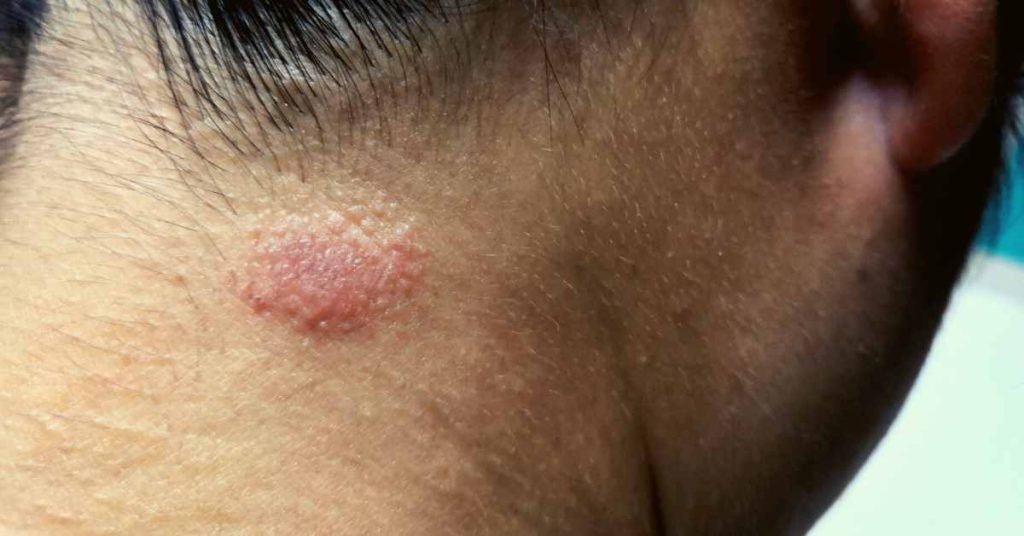Ringworm, a common fungal infection affecting the skin, hair, and nails, can cause discomfort and distress.
While conventional treatments like antifungal creams and medications are widely used, there is a growing interest in exploring natural remedies.
One such remedy gaining attention is tea, known for its numerous health benefits.
This article delves into the potential of various types of tea in alleviating ringworm symptoms, shedding light on their antifungal properties and other healing mechanisms.
Understanding Ringworm

Before delving into the potential benefits of tea in managing ringworm, it is essential to comprehend the nature of the infection.
Ringworm is caused by various dermatophyte fungi, primarily belonging to the Trichophyton, Microsporum, and Epidermophyton genera.
These fungi thrive on keratin, a protein found in the skin, nails, and hair. The infection typically presents as circular, red, and itchy patches on the affected area.
Tea and Antifungal Properties
Tea, derived from the leaves of the Camellia sinensis plant, has been consumed for centuries and is renowned for its diverse health-promoting compounds.
Several types of tea, including green tea, black tea, and herbal teas, have demonstrated antifungal properties, making them potential candidates for managing ringworm symptoms.
Green Tea
Green tea is rich in polyphenols, particularly catechins, which exhibit potent antifungal activity. Epigallocatechin gallate (EGCG), a major catechin in green tea, has been shown to inhibit the growth of dermatophyte fungi. Additionally, green tea possesses anti-inflammatory and antioxidant properties, which can aid in soothing the irritated skin associated with ringworm.
Black Tea

Black tea, another popular variant, contains theaflavins and thearubigins, which contribute to its antimicrobial properties. While research specifically on black tea and ringworm is limited, the general antifungal activity of black tea suggests its potential in managing fungal infections.
Herbal Teas
Herbal teas, such as chamomile, lavender, and calendula, are renowned for their soothing and healing properties. These teas often contain essential oils with antifungal and anti-inflammatory effects. Chamomile, for instance, has been studied for its potential in treating various skin conditions, and its application in ringworm management is a subject of interest.
Application Methods
Tea can be employed in different ways to alleviate ringworm symptoms:
Topical Application:
Brewed tea, once cooled, can be applied topically to the affected area using a clean cloth or cotton ball. This provides direct contact with the skin and allows the active compounds to exert their antifungal effects.

Compresses:
Tea compresses can be made by soaking a clean cloth in freshly brewed and cooled tea. Applying these compresses to the affected area can help soothe itching and redness.
Tea Baths:
Adding brewed tea to a warm bath is another method for delivering the antifungal properties of tea to the entire body. This can be particularly beneficial when ringworm affects large areas or multiple areas of the body.
Final Word
While tea’s potential in alleviating ringworm symptoms is promising, it is crucial to acknowledge that natural remedies should not replace conventional medical treatments.
If you suspect a ringworm infection, it is advisable to consult with a healthcare professional for an accurate diagnosis and appropriate treatment plan.
Tea can complement standard treatments and contribute to overall skin health, offering a holistic approach to managing ringworm symptoms.
As research in this field progresses, further insights into the specific mechanisms of tea’s antifungal properties may pave the way for more targeted and effective natural remedies for ringworm and other fungal infections.
MEDICAL DISCLAIMER
Itsnevernotteatime.com cannot and does not contain medical/health advice. The medical/health information is provided for general and educational purposes only and is not a substitute for professional advice.




